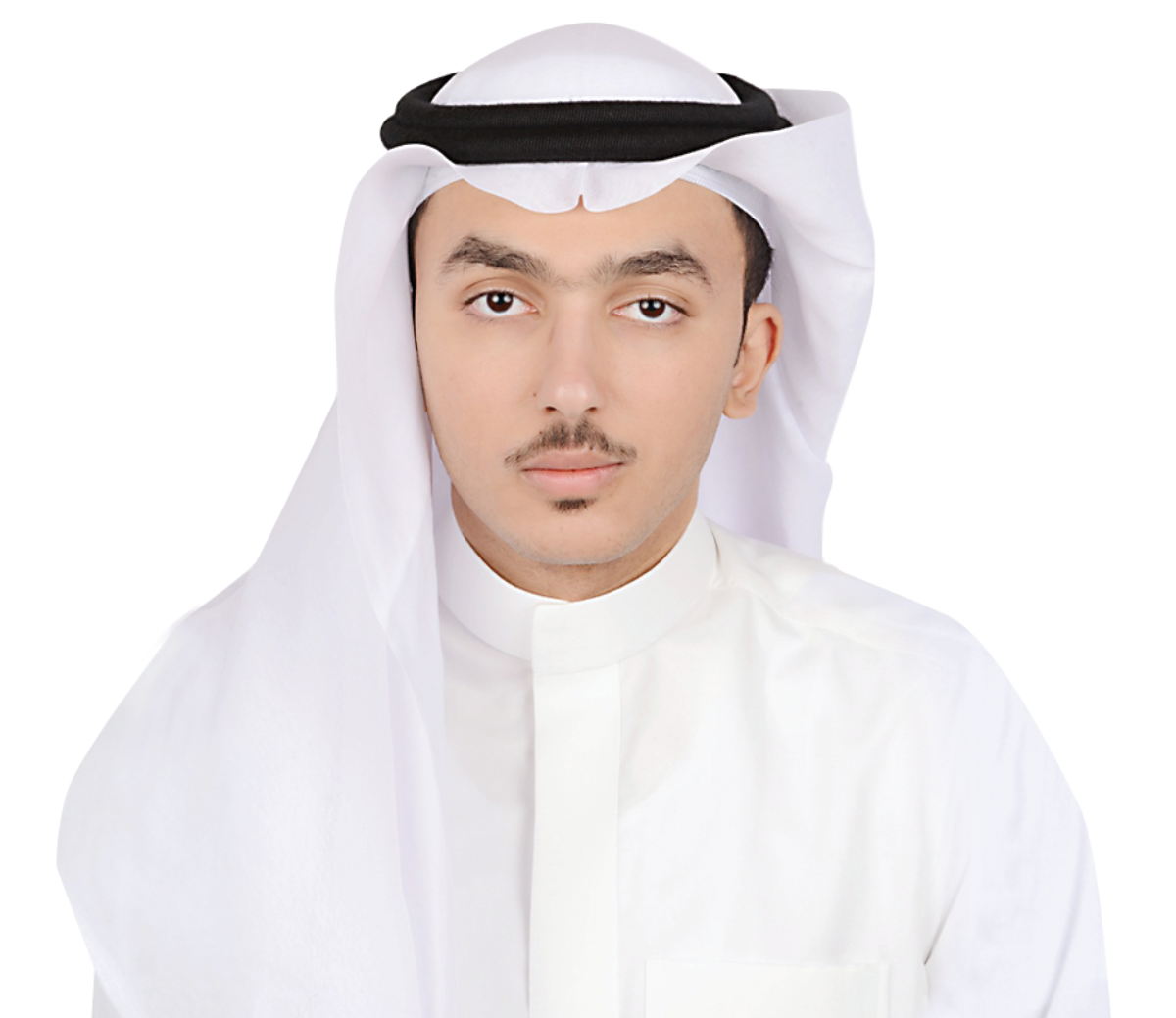RIYADH: As the Kingdom forges ahead in the tech industry, young Saudis like Abdullah Hakeem are playing a crucial role in shaping its future while inspiring others to follow in their footsteps.
The King Fahd University of Petroleum and Minerals graduate, 25, is tapping into the power of technology to bridge gaps, enhance communication, and empower communities.
Hakeem’s story began during his studies at KFUPM, where he quickly became a well-known figure among students for his inventive spirit. His first major project was a WhatsApp bot designed to enhance the platform’s functionality.

Abdullah Hakeem, SDAIA strategic competitiveness specialist
“It was a learning tool for me,” Hakeem told Arab News. “I applied new skills and implemented user-suggested features, evolving it based on feedback.”
The bot garnered over 1,000 users, primarily students at the university.
One notable challenge was maintaining the bot’s efficiency amid numerous simultaneous requests. “I overcame this by employing various technical solutions and continuously refining them over time,” he explained.
Understanding the value of community-building, he founded around 30 WhatsApp groups that fostered connections among students interested in development and skill enhancement.
Contributing to the success of my country is a key goal for me.
Abdullah Hakeem, SDAIA strategic competitiveness specialist
Hakeem also organized competitions to encourage peers to challenge themselves and learn. “Bringing people together to learn and grow has always been my passion,” he added.
This commitment to community engagement facilitated a collaborative environment in which students could share knowledge and support one another.
His internship at Takamul Technologies in 2022 marked a pivotal moment in his career. Tasked with resolving a critical issue on the company’s website, he reduced the load time of the 3D section from a cumbersome 70MB to a lightning-fast 100KB.
“This impressive feat earned me a part-time job offer from the CEO, a rare opportunity for an intern,” he said. “It was a confidence boost (to have) my abilities recognized in a professional setting.”
This experience fueled his desire to tackle complex challenges in the tech industry. His innovative spirit culminated in a series of competitions, notably the KFUPM Innovation Hackathon last year, in which he led his team to victory in both web and mobile development tracks.
“I adapted my approach to motivate each team member according to their needs,” he said about his participation in the Metathon competition held last year. “Being closely involved in every task allowed me to guide the project effectively.”
The Metathon was particularly significant for Hakeem, as his team won the competition, earning a prize of SR150k ($40k). This recognition not only bolstered his confidence but also showcased his team's capabilities on a larger stage.
Hakeem’s graduation project won first place at the KFUPM Graduation Expo in May last year. The project involved integrating with Foodics, the largest point-of-sale system in the Middle East.
He said: “One of our major challenges was securing a partnership with a restaurant to facilitate the integration process. We designated one team member to manage communications with Foodics and the sponsorship, allowing the rest of us to focus on development.”
This strategic division of responsibilities proved crucial in overcoming obstacles and delivering the project.
Recognition followed, especially through social media. Hakeem and his team shared their journey on X, attracting almost 400,000 views. This exposure led to an invitation from the MISK Foundation to join the prestigious MISK Launchpad program in 2023, where they secured a grant to bring their product to market.
“The experience taught me to build real products, not just software solutions,” he said.
The program provided valuable insights into the product development process, shaping Hakeem’s perspective on the importance of creating meaningful solutions that address real-world problems.
His talents caught the eye of major players in the tech industry. During the Metathon competition toward the end of 2023, he impressed judges, including Rehab Alarfaj from the Saudi Data and AI Authority, who offered him a position on her team.
“Joining SDAIA (this year) was a dream come true,” he added. “It’s a sought-after opportunity in the tech community … my goal is to secure recognition for Saudi Arabia in global AI rankings.”
In his current role within the General Management of Partnership and Competitiveness, Hakeem is committed to advancing artificial intelligence in the Kingdom.
He is currently involved in organizing the Global AI Summit, which is set to take place between Sept. 10-12. This event will showcase the Kingdom’s advances in AI and foster collaboration among international experts.
“Contributing to the success of my country is a key goal for me,” Hakeem said.
As Hakeem continues to contribute and innovate, he embodies the spirit of a new generation of young Saudis supported by the nurturing ecosystem of Vision 2030, and dedicated to paving the way and leaving a mark on the tech industry and beyond.



































